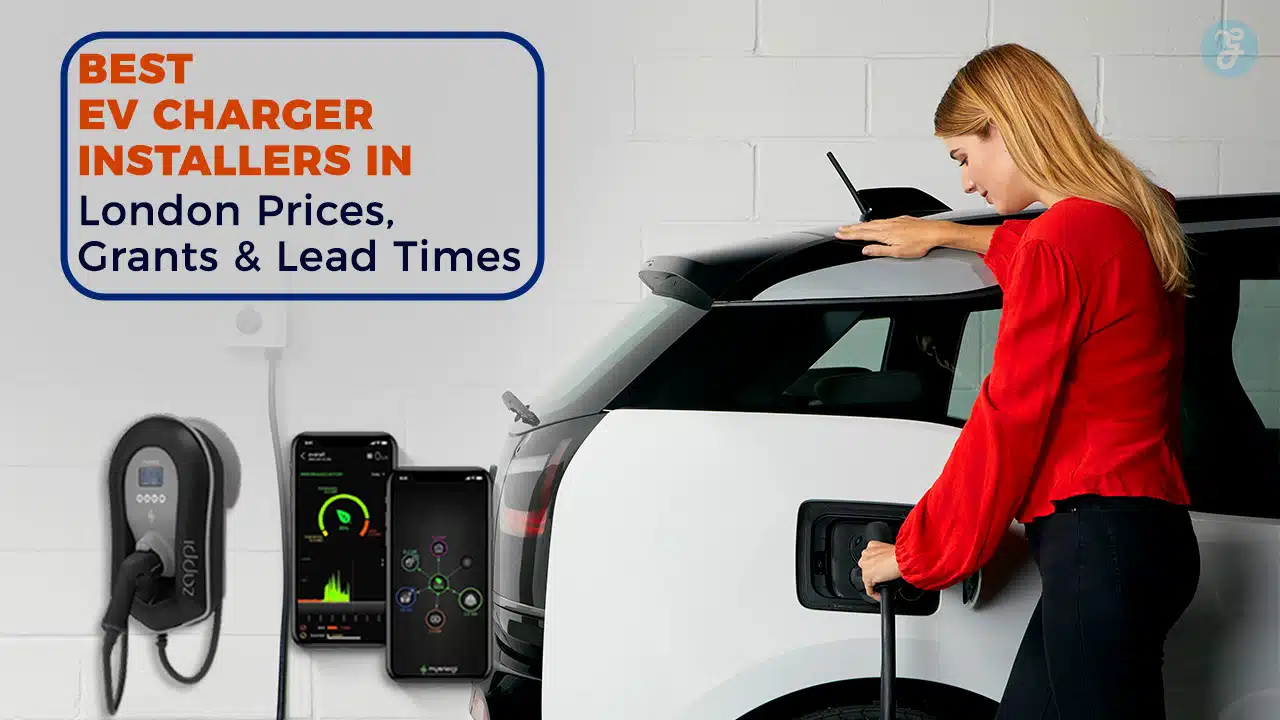Being a homeowner is a big responsibility, and an occasionally stressful one. In addition to keeping your property in good condition, you’ll likely be interested in improving its value over time. To some extent, this will happen naturally, but there are also measures you can take to increase the value of your property intentionally.
Which projects should you consider, and how should you implement them?
Tips for Improving the Value of Your Property
These are some of the best strategies for improving the value of your property:
- Know your timeline. First, you should have at least a general idea of how long you’re going to stay in this home. While there are some upgrades and repairs that are worth making immediately before leaving and selling your house, most upgrades are more valuable if you make them before your departure. That’s because home upgrades are hypothetically at their most valuable when they offer both quantitative and qualitative benefits. Installing an outdoor kitchen, for example, is unlikely to increase the value of your home by more than what you pay for the effort. If you install an outdoor kitchen immediately before leaving your house, it will represent a small nominal loss. However, if you install an outdoor kitchen and enjoy it for several years, then you recoup most of the costs of installing that kitchen, and you’ll benefit from it both subjectively and materially.
- Identify key weaknesses. Many of the best upgrades for your unique home will be ones that compensate for apparent weaknesses. For example, if your siding is old and crumbling, replacing it is probably going to be more valuable than, say, replacing a relatively new front door. Consider the things that you like least about your home, but also the things that potential buyers might like least about your home. Correcting those issues can instantly make your home more valuable and more appealing.
- Factor in the averages for your area. Some upgrades are more valuable in certain areas. As a simple example, people in colder climates prefer fireplaces more than people in warmer climates, for obvious reasons. When considering potential home upgrades for the purpose of increasing the value of your home, factor in averages for your particular area. Look at comparable homes with and without the upgrade to get a better idea of what people in your area expect and desire.
- Consider the peripheral benefits. You should also think about the peripheral material benefits of potential upgrades. Depending on the current age and condition of your windows, for example, new windows can eventually pay for themselves via energy savings. New windows provide much better insulation, allowing you to expend less energy on heating and cooling. This lowers your utility bills, which over the course of years, can add up to substantial savings.
- Look for ways to save money. When shopping around for home upgrades, look for opportunities to save money on materials and installation. For example, can you choose a slightly cheaper material that still serves the same functional purpose? Can you do some of the work yourself instead of hiring a professional to do it?
- But don’t cut corners. The caveat there is that you shouldn’t cut corners. There’s nothing wrong with looking for opportunities to save money, as long as you still prioritize the quality and integrity of the work. If you compromise the quality of the finished project in a desperate attempt to save money, it’s probably going to be detrimental to your home value increases.
- Think evergreen and neutral. If you want to maximize your home value increases (and simultaneously sell your home faster), you need to think about the average homebuyer. The upgrades you choose should be evergreen, in the sense that they aren’t reliant on temporary, passing fads. They should also be neutral in the sense that they appeal to most people rather than a niche target audience.
- Start big and work your way smaller. When planning projects, consider starting with big ones and working your way to smaller ones. Big projects are costlier and more time-consuming, demanding more advanced planning and careful attention to details. With smaller projects, you’ll have more agility and flexibility.
Finding the Right Upgrades
Just because an upgrade can improve the value of your property doesn’t mean it’s going to be the right selection for your needs. As we’ve already established, you’ll need to consider not only the costs and potential value of each upgrade, but also your personal disposition toward it.
With a more thorough and comprehensive understanding of the elements surrounding your choices, you’ll be much better positioned to make decisions that improve your home both quantitatively and qualitatively.










































